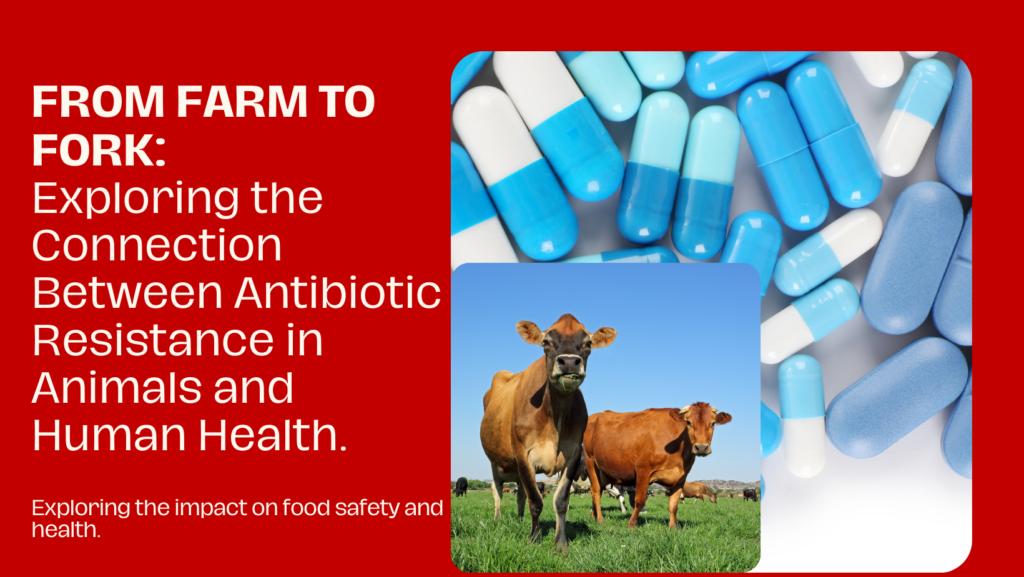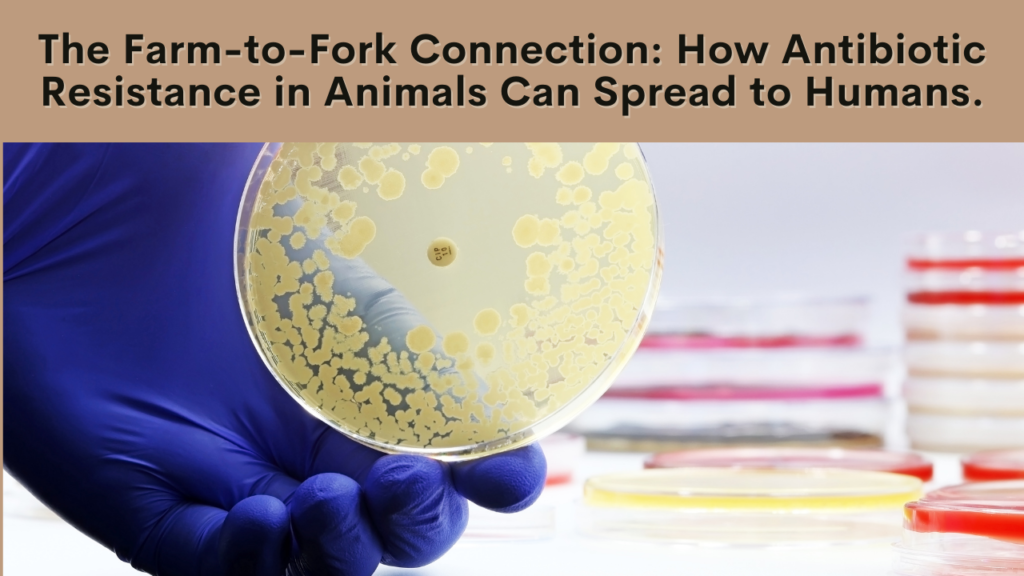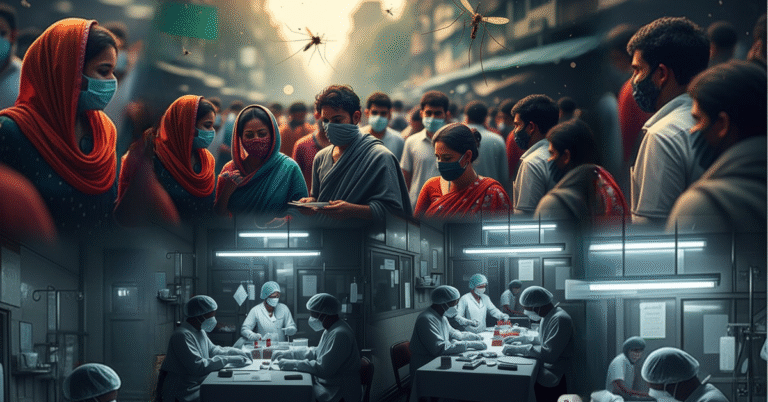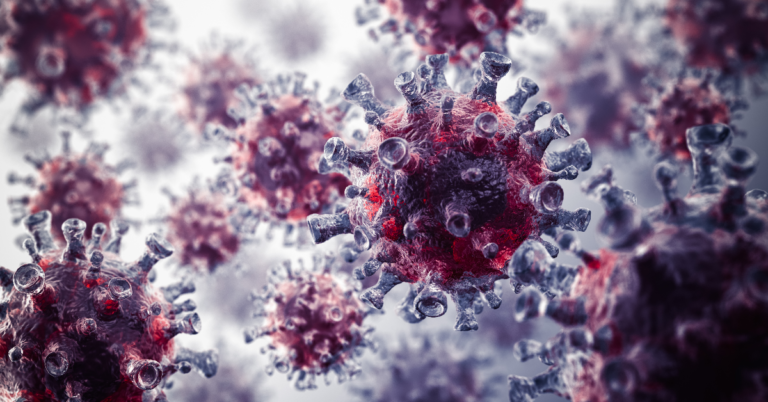
The supermarket shelves are overflowing with fresh produce and meat. But have you ever stopped to wonder what journey that juicy steak or crisp apple took before landing in your shopping cart? The answer might surprise you, and it has a significant impact on public health. Let’s delve into the critical issue of antibiotic resistance in animals and explore how it affects us all.
Antibiotics: A Double-Edged Sword
Antibiotics are life-saving drugs that revolutionized medicine. They fight bacterial infections in both humans and animals. However, their overuse in livestock farming has created a dangerous trend: antibiotic resistance.
The Rise of Superbugs:
When animals are constantly exposed to antibiotics, some bacteria develop the ability to resist them. These “superbugs” become increasingly difficult to treat, posing a serious threat to human health.

Interactive Poll: Fact or Fiction? Test Your Antibiotic Resistance IQ!
Think you know everything about antibiotic resistance? Take our quick poll and see how well you understand this critical issue!
(Question 1): Antibiotic resistance in animals only affects farmers, not consumers. (True/False)
(Question 2): Washing fruits and vegetables thoroughly can help reduce the risk of antibiotic-resistant bacteria. (True/False)
(Question 3): There’s nothing we can do as consumers to address antibiotic resistance in animals. (True/False)
(Answers: False, True, False)
The Farm-to-Fork Connection:
Antibiotic-resistant bacteria can spread from animals to humans through various pathways:
- Contaminated Meat: Improper handling of meat during processing can transfer resistant bacteria.
- The Environment: Antibiotics used in farming can contaminate soil and water, creating a breeding ground for resistant bacteria.

The Human Cost:
The rise of antibiotic resistance makes it harder to treat common infections in humans, leading to:
- Increased Hospital Stays: Patients with resistant infections require longer hospitalizations.
- Higher Healthcare Costs: Treating resistant infections is more expensive.
- Increased Mortality Rates: Certain resistant infections can become life-threatening.
Empowering Consumers: Be a Force for Change!
While the issue might seem daunting, there are ways you can be part of the solution:
- Ask Questions: Inquire about the source of meat and inquire if it comes from farms that limit antibiotic use.
- Support Sustainable Farming: Look for labels indicating responsible antibiotic practices.
- Reduce Meat Consumption: Consider incorporating more plant-based meals into your diet.
- Spread Awareness: Talk to friends and family about antibiotic resistance and its impact.

Interactive Recipe Challenge: Meatless Monday Magic!
Challenge yourself to a “Meatless Monday”! Share your favourite plant-based recipes in the comments below and inspire others to reduce their meat consumption.
The Future of Food: A Collaborative Approach
Addressing antibiotic resistance requires a collaborative effort:
- Farmers: Implementing responsible antibiotic use practices.
- Policymakers: Enacting regulations that incentivize antibiotic-free farming.
- Consumers: Making informed choices and supporting sustainable practices.
Together, we can create a safer and healthier food system for ourselves and future generations.
References:
- The Centers for Disease Control and Prevention (CDC): https://www.cdc.gov/drugresistance/index.html
- The World Health Organization (WHO): https://www.who.int/publications-detail-redirect/9789241509763



